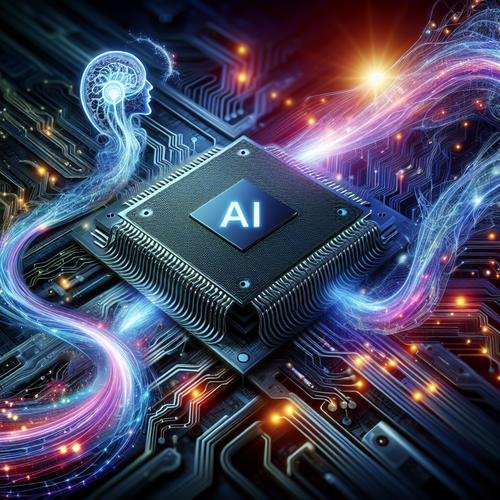
Understanding AI Regulation and Ethics
Understanding AI Regulation and Ethics
As artificial intelligence (AI) technology continues to evolve at a rapid pace, the importance of effectively regulating its use becomes increasingly crucial. This article explores the emerging landscape of AI regulation and the ethical considerations that need to be addressed to ensure responsible deployment.
The Need for AI Regulation
AI’s pervasive influence across industry sectors necessitates a framework that balances innovation and safety. Regulatory efforts aim to prevent misuse, ensure fairness, and protect privacy. Governments and organizations worldwide are crafting policies to address these concerns.
Core Principles of AI Ethics
Ethical AI implementation requires adherence to several core principles. These include transparency, accountability, privacy protection, and equity. By embedding these principles into AI systems, developers can foster trust and minimize potential harm.
- Transparency: AI algorithms and decision-making processes should be understandable and accessible.
- Accountability: Systems must operate within legal boundaries, with clear accountability frameworks.
- Privacy Protection: Personal data management in AI systems should comply with strict confidentiality standards.
- Equity: AI technologies should be designed without bias to ensure equal treatment for all users.
Current Regulatory Efforts
Several countries and regions have initiated regulatory measures for AI governance. Notably, the European Union’s proposed AI Act seeks to establish a comprehensive legal framework for AI technologies. It categorizes AI systems by risk level, implementing strict oversight and compliance mechanisms for high-risk applications.
Global Standards and Collaboration
International collaboration is vital for establishing cohesive AI regulations. Organizations like the OECD emphasize fostering global dialogue to set standards that transcend borders.
Integrating Ethics into AI Development
Businesses and developers play a critical role in embracing ethical standards proactively. Tools and frameworks like Microsoft’s Aether Committee (Official site) provide guidelines for integrating ethics into the development lifecycle. By considering ethical perspectives from the outset, organizations can mitigate risks and enhance acceptance.
Challenges and Considerations
Despite its promise, implementing AI regulation poses notable challenges. Drafting legislation that accommodates rapid technological advances without stifling creativity is complex. Additionally, aligning diverse international policies remains a significant hurdle.
Conclusion
AI regulation and ethics are indispensable components of a technology-driven future. As AI continues to shape our world, understanding its ethical implications enables individuals and institutions to navigate new advancements responsibly. For more information on cybersecurity approaches to AI, read our post AI-Driven Cybersecurity Threat-Detection Platform.














